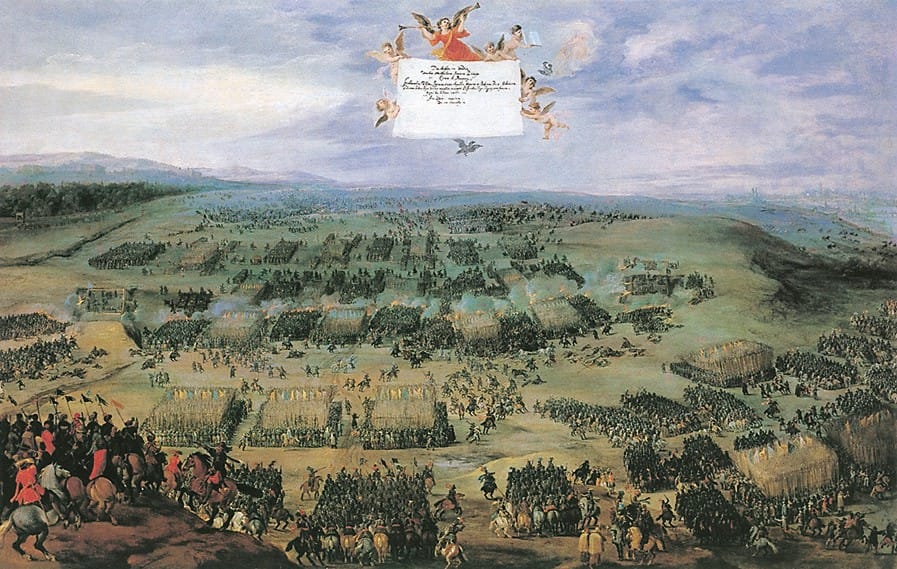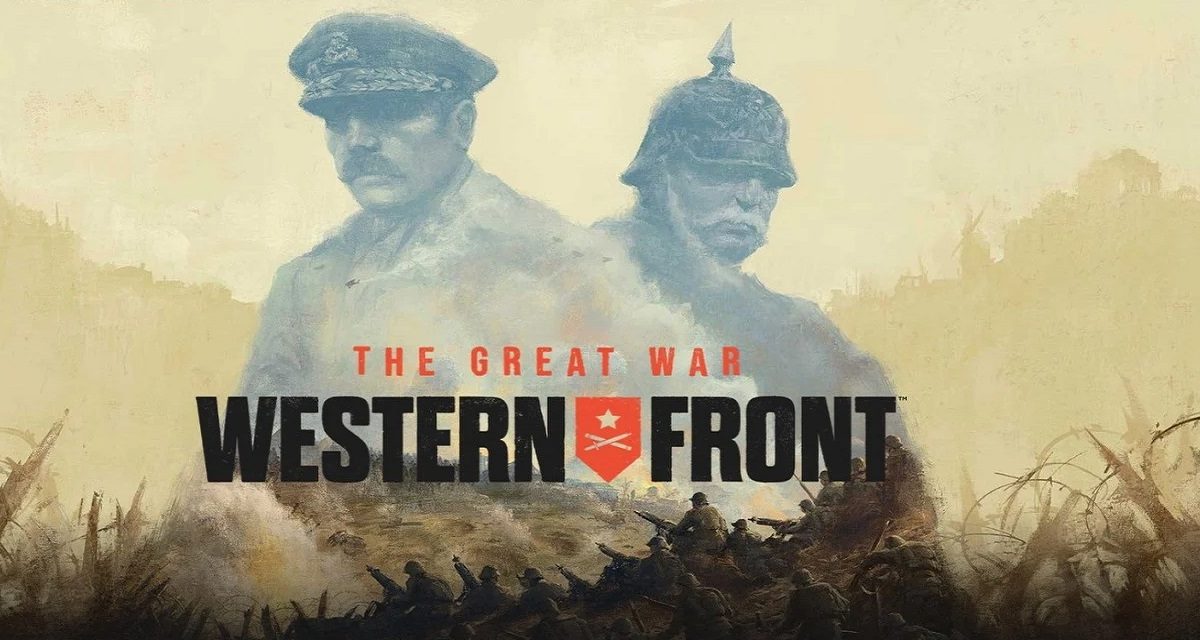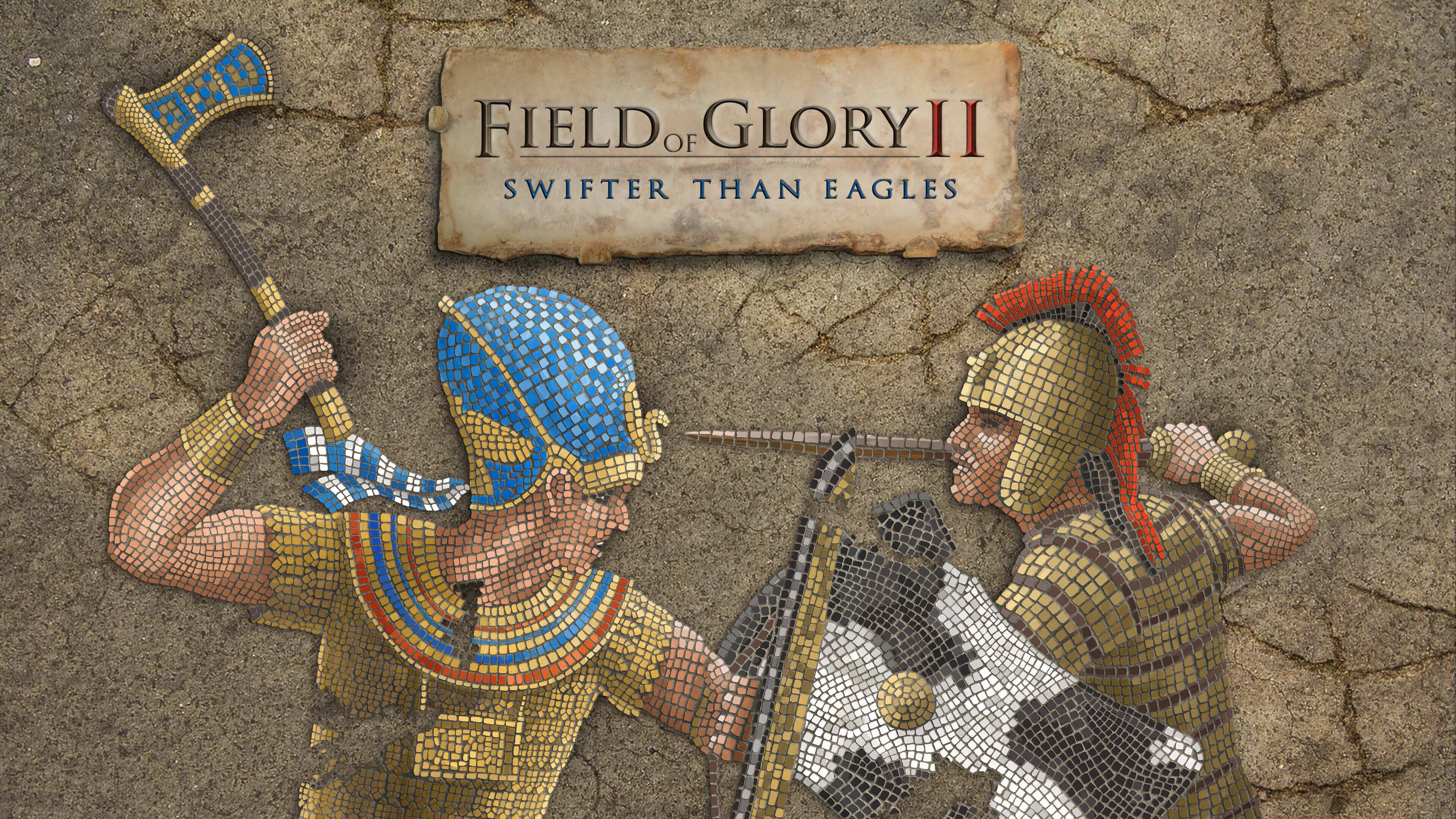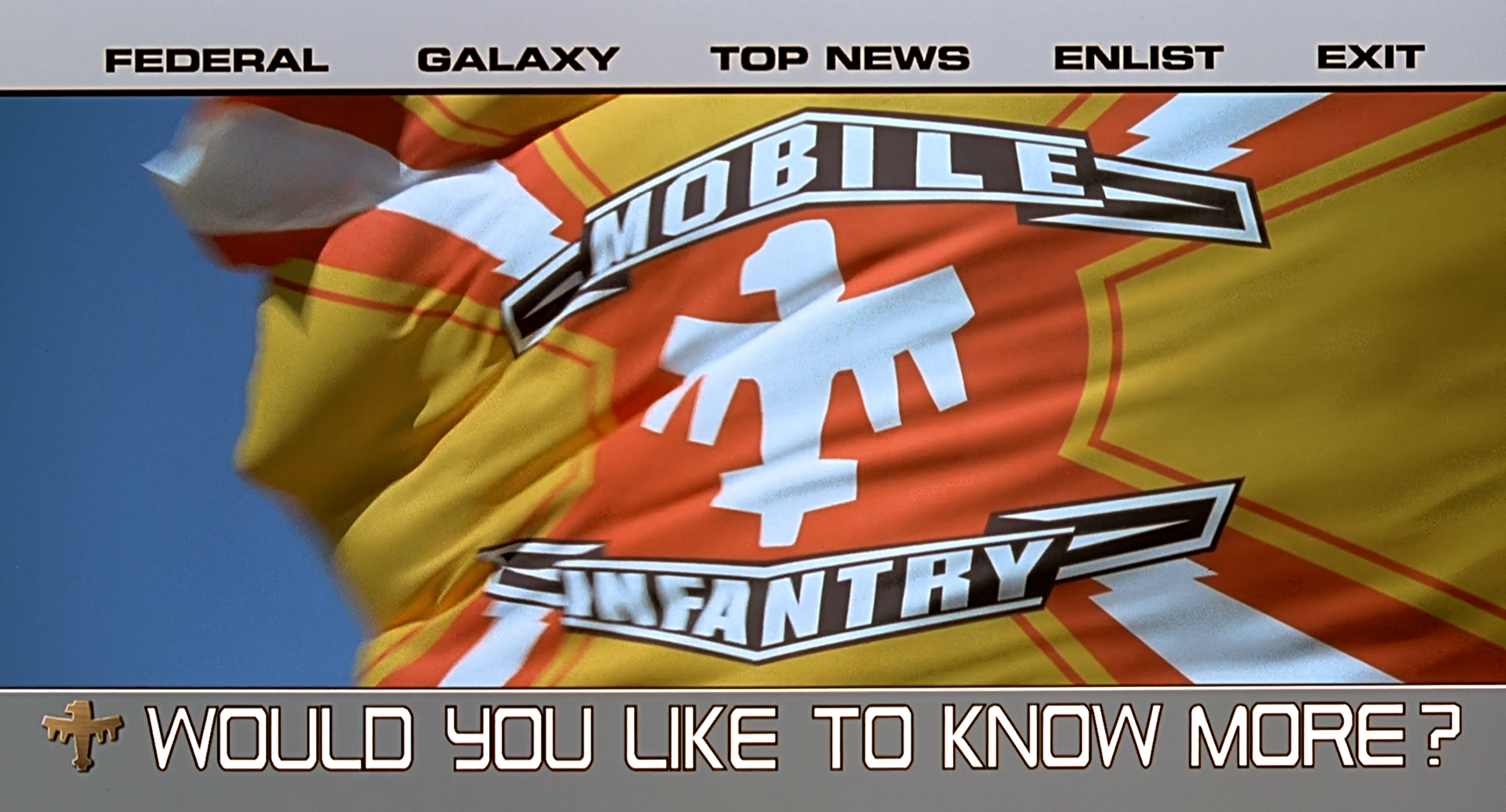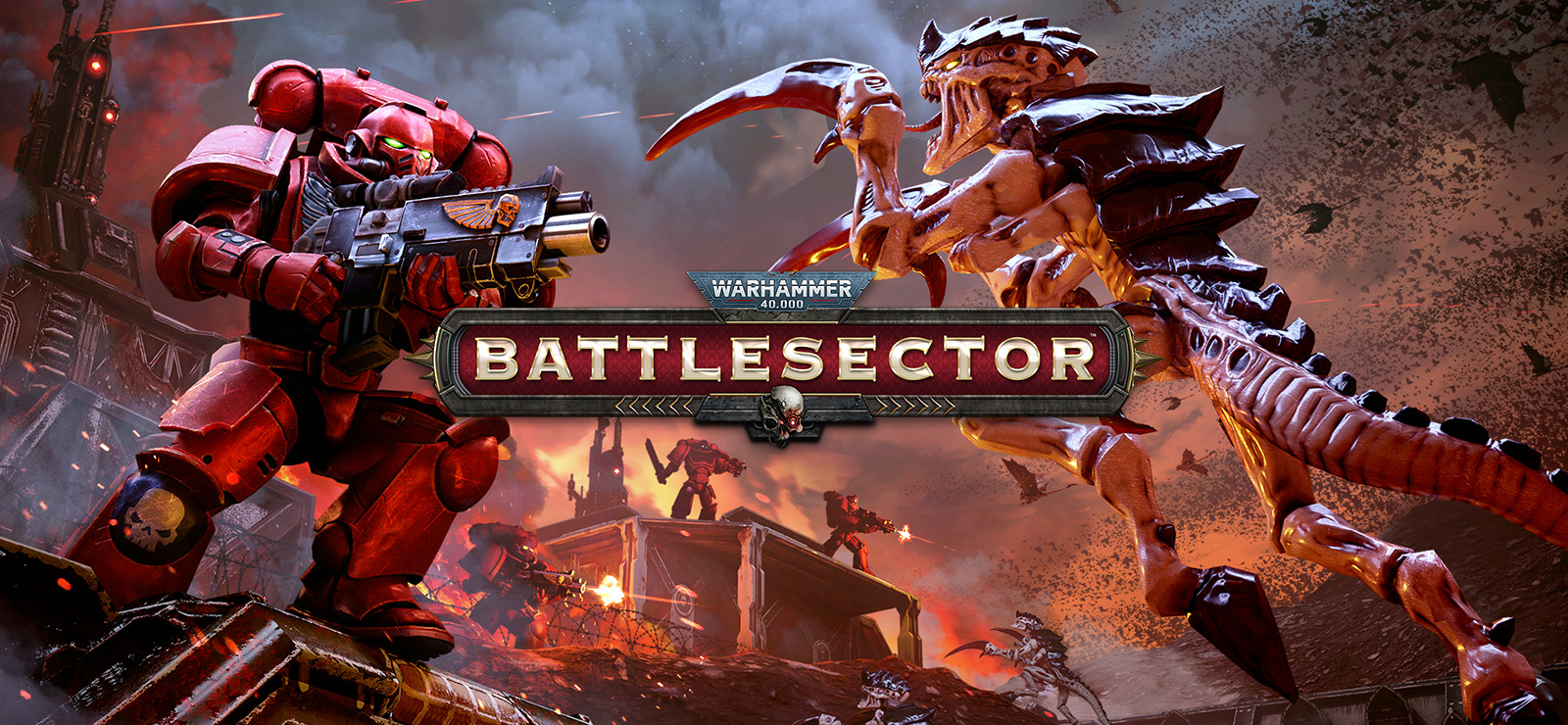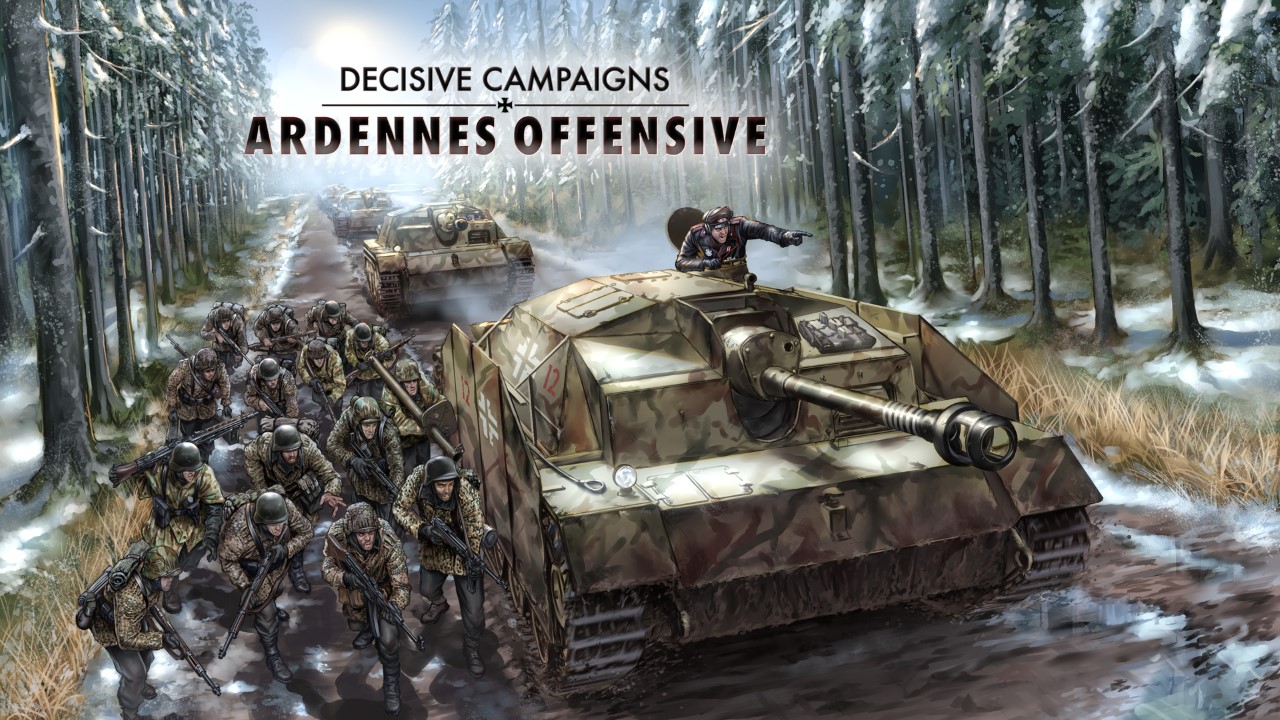Category Archives: Tracer Rounds
Tracer Rounds: Let’s Talk Education
How smart is too smart? ~
Brant, 28 March 2016
I’ve been thinking a lot about education lately, perhaps a little too much. It’s no real secret that wargamers tend to be over educated, but let’s face it, for many of us school was more of a formality than anything. Most of us weren’t the most studious of pupils, and a lot of our classes were merely checking the box on something we could breeze through in our sleep.
 But we’re not the key consumers in the American education system either. And that’s the struggle that I’m wrestling with right now as I have two kids in public schools and I am teaching at several very different colleges. What this adds up to is that my thoughts on this are rather disjointed, but I don’t feel like writing a book to fully explore every one of them, so this is going to be a bit of a brain dump of several different concepts all related to education. Please bear with me and I hope it comes out to a coherent whole by the time I’m done (but let’s face it, the odds of that are pretty slim).
But we’re not the key consumers in the American education system either. And that’s the struggle that I’m wrestling with right now as I have two kids in public schools and I am teaching at several very different colleges. What this adds up to is that my thoughts on this are rather disjointed, but I don’t feel like writing a book to fully explore every one of them, so this is going to be a bit of a brain dump of several different concepts all related to education. Please bear with me and I hope it comes out to a coherent whole by the time I’m done (but let’s face it, the odds of that are pretty slim).
First off, I’m really wrestling with the issue of what we expect education to accomplish. There is certainly an underlying shared experiential component to our education system, as if it’s a massive continental-wide team building exercise for 12-year-olds. To that end, the shared pain and sacrifice somewhat makes sense. Ostensibly, the public education system in the US is designed to turn out citizens with a minimal set of survival skills for the rest of their lives. That said, it’s hard to make the case that it’s succeeding in that regard. There are so many minimally-necessary skills that are not taught, or even touched on (balancing a checkbook, typing, managing a credit score, how to be fucking polite in public!), that it’s not insane to wonder if we should completely jettison the current model and rebuild from the ground up. However, if it’s all just skill building for future societal needs, then we are doing our students a serious service by failing to intellectually engage them. Subjects such as history and literature serve vital functions in providing context in today’s society, as well as important emotional engagement points for many students, even if they do not have an immediate tie into any future career endeavor.
Tracer Rounds: Tactics vs Logistics, the Walking Dead Differential Model
What do you see when you’re watching TV “operations”? ~
A friend of mine – who might eventually read this column and recognize himself and then furiously email with a string of “that’s not what I meant and you know it”s – was posting on social media about The Walking Dead. After the episode where they go room-to-room clearing the radar facility where they think Negan is holed up, he proclaimed “TWD is OAF”.
From the point of view of the room-clearing tactics, which our TWD heroes have perfected over several seasons, he’s probably right. It jives with everything I’ve seen, and the limited amount I was taught. (Remember that I was a tanker back in the ‘90s, before all the MOUT/FISH ops of the past 15 years; if we had to ‘clear’ a house it involved pancaking the place with 55 tons of rolling steel.) But the whole time I’m watching TWD my mind is usually back to the more practical matters.
Allow me to explain…
Tracer Rounds – Long-Form
Telling a story that needs room to breathe ~
One of the things I drop on my students every semester in an introduction to the idea of long-form journalism. I already know that I’m the weirdo in most already-weird wargaming crowds in that I’m the one with the journalism degree, not the history/poli-sci/sociology degree, or an engineering background, but I do believe that long-form journalism, when done right, can be a powerful tool for telling real stories about real people. And I wish someone would take the time for a solid, serious, long-form article about our hobby, and give it the same kind of exposure that other long-form articles get from big media.
 Long-form journalism is hard to do, as it takes a long time, and possibly a lot of travel, to thoughtfully explore a topic in that level of detail. It takes time – which means “money” – to truly dig into the nuances of a topic, to get to know the people, to tell the stories that are necessary to understand how the topic affects people, and how it can matter to you. Some of these stories, quite frankly, don’t matter one whit. They are simply intriguing and interesting looks into the lives of something you thought was completely mundane, or never knew existed, or had no conception of. But all are tales worth telling, when told well.
Long-form journalism is hard to do, as it takes a long time, and possibly a lot of travel, to thoughtfully explore a topic in that level of detail. It takes time – which means “money” – to truly dig into the nuances of a topic, to get to know the people, to tell the stories that are necessary to understand how the topic affects people, and how it can matter to you. Some of these stories, quite frankly, don’t matter one whit. They are simply intriguing and interesting looks into the lives of something you thought was completely mundane, or never knew existed, or had no conception of. But all are tales worth telling, when told well.
Long-form journalism isn’t simply an exercise in length, which can occasionally end very, very badly. It’s an exercise in depth, which often requires length to achieve its goals. And that depth doesn’t come from a deadline-induced chaotic dash to the presses to beat everyone else to the punch. It comes from the thoughtful, methodical, and intelligent analysis of a situation, and that’s much harder to do in today’s world of aggregated-blog-posts-on-brand-name-websites-for-free world of “journalism” that’s taking over our public discourse. And since it’s getting harder to do, it’s much easier to appreciate it when it’s done well.
Tracer Rounds – New Wargamers Needed: Apply Within!
Evangelizing the hobby ~
Who was the last convert you brought into the (Dis)United Church of World Wide Wargaming? Seriously, when was the last time you talked with someone about wargaming (or heck, even more broadly – strategy gaming) and they displayed enough interest to actually take a plunge and try a wargame, and then stuck with it, at least for a while?
 It’s an odd hobby we have, right? There’s a certain barrier to entry just based on the level of detail in most of these games. Put another way: there’s an amusing “how to choose the perfect board game” flowchart that’s focused on Eurogames, and to get to Axis & Allies you have to answer “yes” to the question “hardest rules ever?”. And most of us consider A&A to be an entry-level wargame, right?
It’s an odd hobby we have, right? There’s a certain barrier to entry just based on the level of detail in most of these games. Put another way: there’s an amusing “how to choose the perfect board game” flowchart that’s focused on Eurogames, and to get to Axis & Allies you have to answer “yes” to the question “hardest rules ever?”. And most of us consider A&A to be an entry-level wargame, right?
So we’re already starting off from a position of disadvantage. Or are we? In most cases, the level of detail in the rules is there for a reason. These are complex phenomena that we are trying to quantify and get a handle on. “Elegance” in wargame design is one of the highest forms of praise in that it indicates an ability to capture challenging and amorphous concepts in such a way that one can easily understand their effects on the battlefield of the game. Morale, leadership, training, esprit de corps, and basic task competence on the battlefield are all difficult to assess, and ever hard to quantify, and games that can do so in a plausible mechanism are ones that tend to garner high praise. So how do we explain that to a new player?

